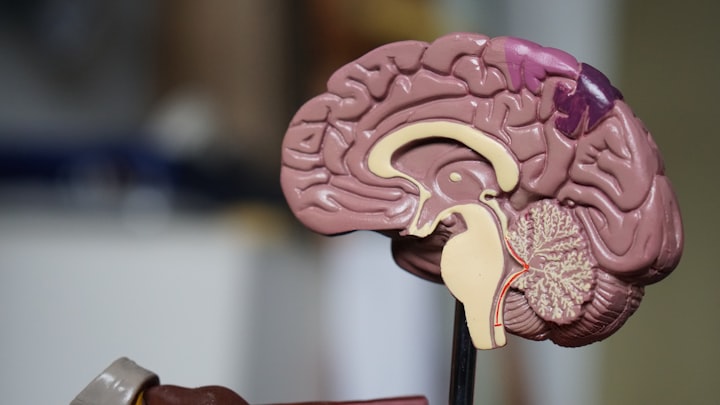
Medical residents undergo extensive training, acquiring a myriad of techniques, surgeries, and procedures that they will later apply to save lives. The ability to remember and effectively employ these skills becomes a critical aspect of their profession, where the line between success and failure can be a matter of life and death. In 2006, a research study focused on a class of surgical residents, specifically those learning to suture arteries. The researchers divided the residents into two groups, both receiving identical study materials. However, one group incorporated a small change in their study approach. When tested a month later, this modified group exhibited significantly better performance in surgeries compared to their counterparts.
To unravel the secret behind this group's success and explore two additional highly effective study techniques applicable both inside and outside the classroom, it is essential to delve into how the brain learns and retains information. Imagine you're attempting to memorize the intricate details of the heart's anatomy. When introduced to a new concept, the memory is temporarily encoded in groups of neurons within the hippocampus. As you delve deeper into the intricacies of the heart's workings, continuously activating these neurons strengthens the connections between them, stabilizing the memory. Over time, this knowledge transitions into long-term storage in the neocortex, a different brain region. While the exact process of transferring information from short-term to long-term storage remains not entirely understood, it is believed to occur between study sessions and, crucially, during sleep. During these periods, the newly acquired knowledge integrates with existing concepts, creating a comprehensive understanding of related topics.
This learning process doesn't conclude with storage; rather, each time you recall the information, you reactivate the long-term memory, making it susceptible to modification. This is where the first study technique comes into play. Testing yourself through flashcards and quizzes compels active retrieval of knowledge, reinforcing and updating the memory. While alternative methods like rereading textbooks and highlighting notes may create a false sense of competence due to the information being readily available, self-testing provides a more accurate gauge of actual knowledge. Even the inability to recall answers during testing proves beneficial, as making mistakes has been theorized to enhance long-term learning. This occurs as the brain's attempt to retrieve the correct answer activates relevant pieces of knowledge, facilitating better integration when the correct answer is later revealed.
The second technique builds upon the first by advocating for the mixing of subjects in study sessions. Interleaving, or the incorporation of diverse concepts within a single study session, enhances retention compared to focusing on a single skill or topic at a time. This approach, akin to testing, prompts the brain to temporarily forget and then retrieve information, fortifying memory connections. Moreover, it encourages the identification of connections across different topics, fostering a deeper understanding of their nuances.
The final technique emphasizes the timing of study sessions. Spacing reviews across multiple days allows for intervals of rest and sleep between sessions. During these breaks, the brain actively works to store and integrate knowledge in the neocortex. While the notion of cramming the night before an exam may seem intuitive, the information processed during such intense sessions often fails to endure in the long term. Returning to the medical residents' study, both groups invested the same amount of time in learning the surgery. However, the group that spread their training over four weeks outperformed the group with a single-day cramming session.
In essence, these three study techniques prove effective because they align with the natural processes of the brain. They complement and reinforce the brain's remarkable ability to sift through and store the vast amount of information it encounters daily, offering a strategic and neurologically sound approach to learning and retaining complex skills and knowledge.





Comments (2)
Such an interesting piece. Thank you for posting!
This is a great work you can join my friends and read what i have just prepared for you.